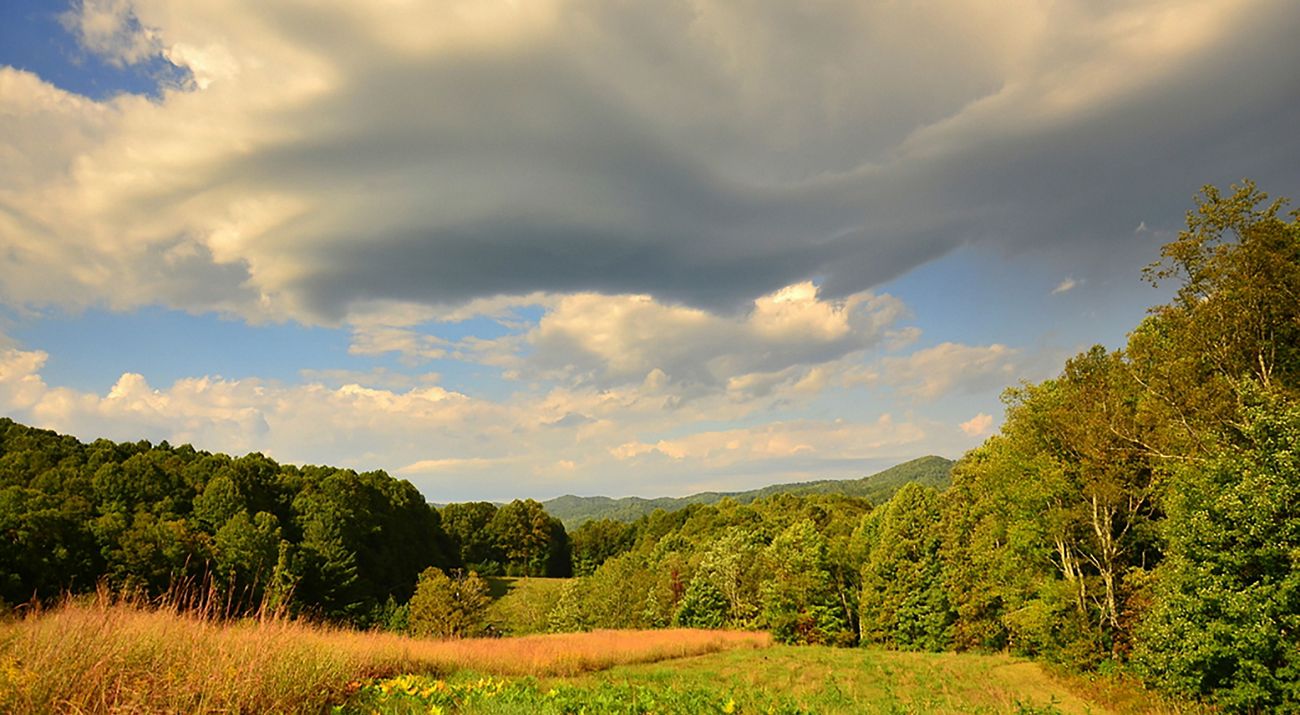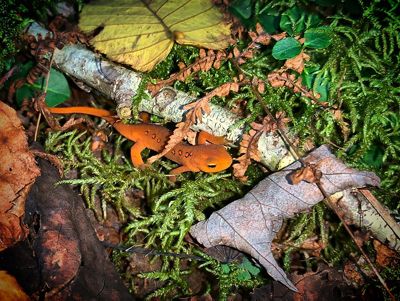Description
The John R. Dickey Birch Branch Sanctuary is located in Tennessee's easternmost point, Shady Valley. Within the preserve are steep and verdant hillsides, rocky streams and rolling fields. It is surrounded on all sides by the Cherokee National Forest and conservation easement lands.
Today, The Nature Conservancy is restoring native warm-season grasses to the preserve's old farm fields. These grasses were once part of the ecological mosaic of Tennessee's native woodland habitats and are carefully being restored and maintained through controlled ecological burns. TNC is also practicing sustainable forest management here to increase the diversity of the preserve’s tree species for wildlife benefits.

